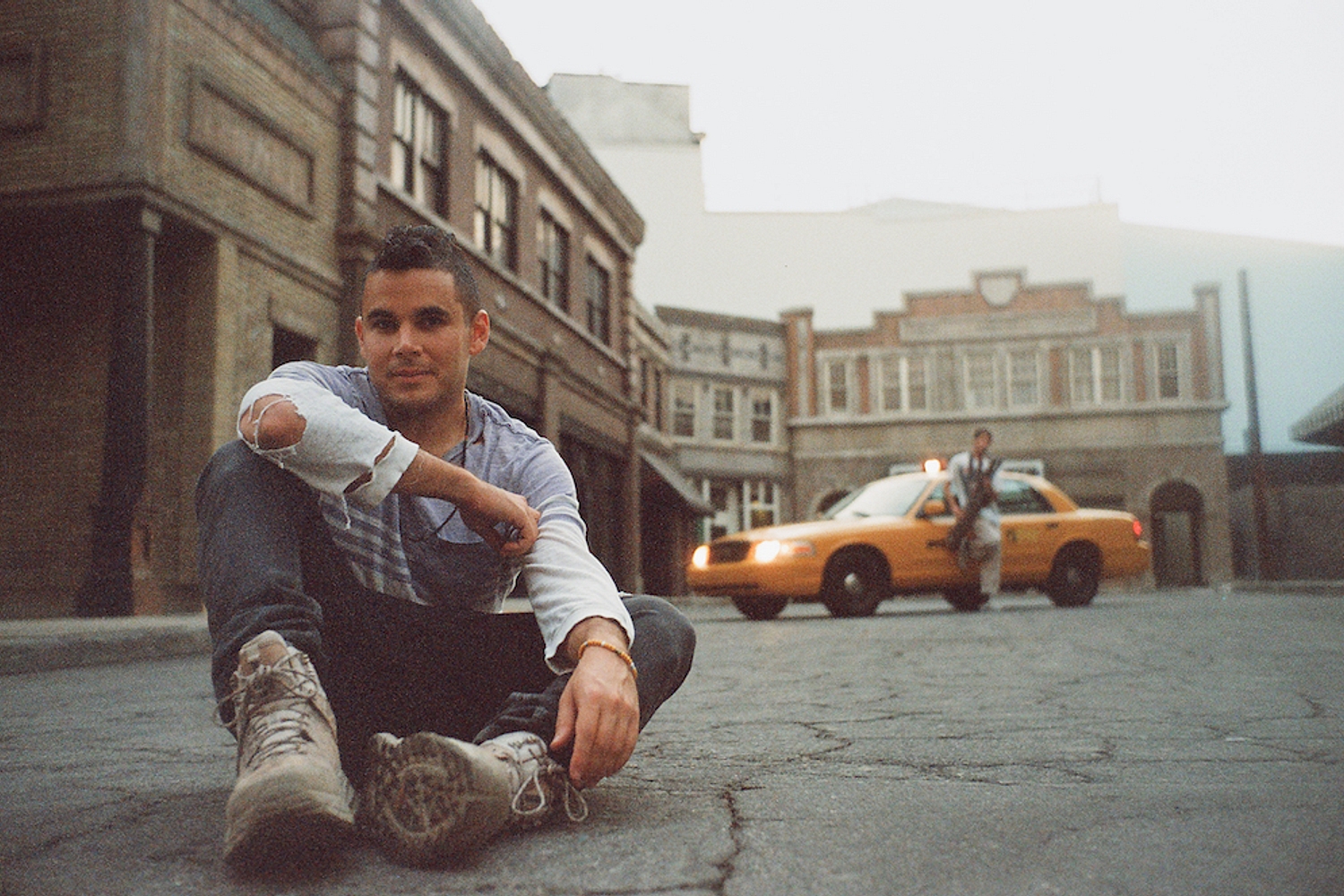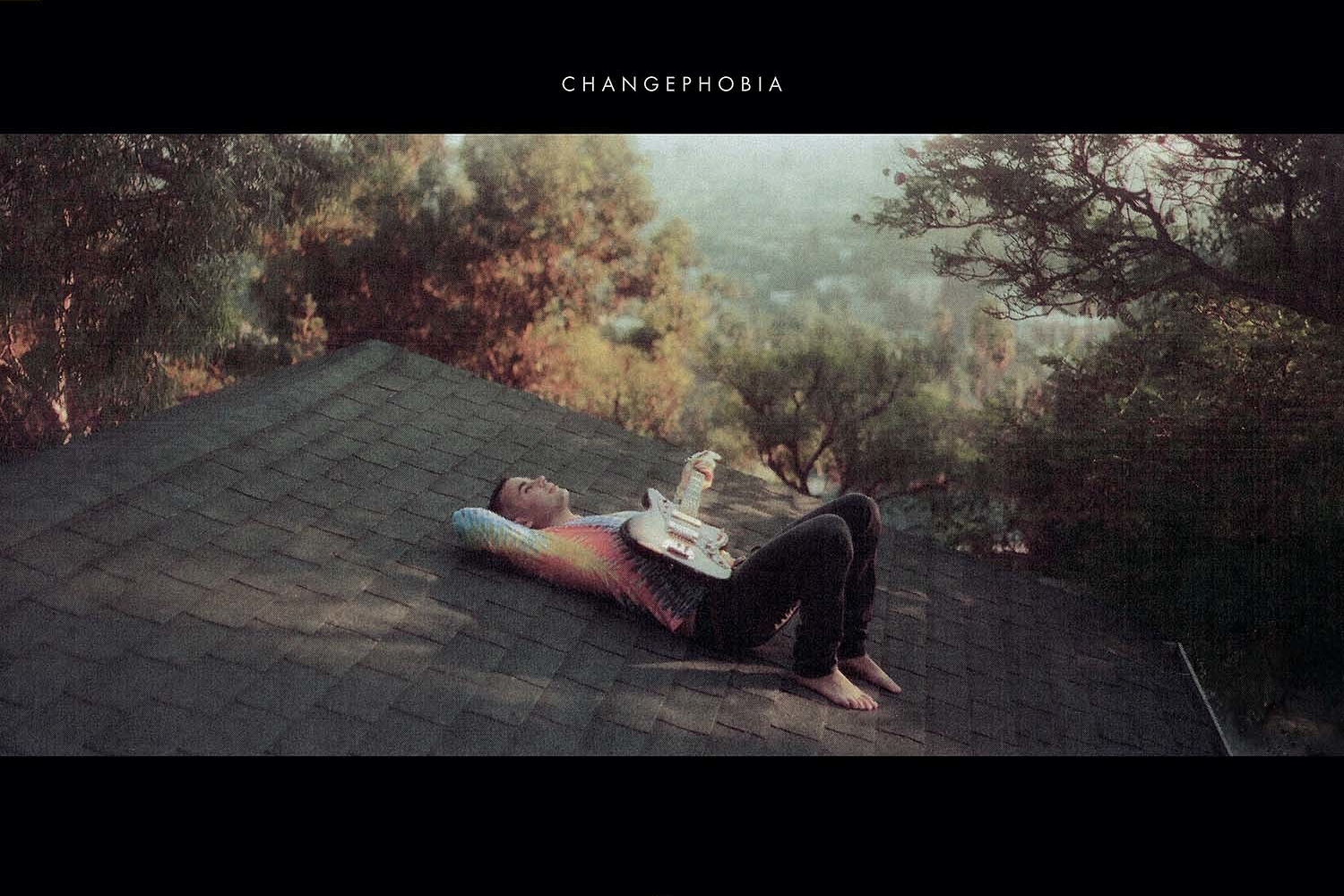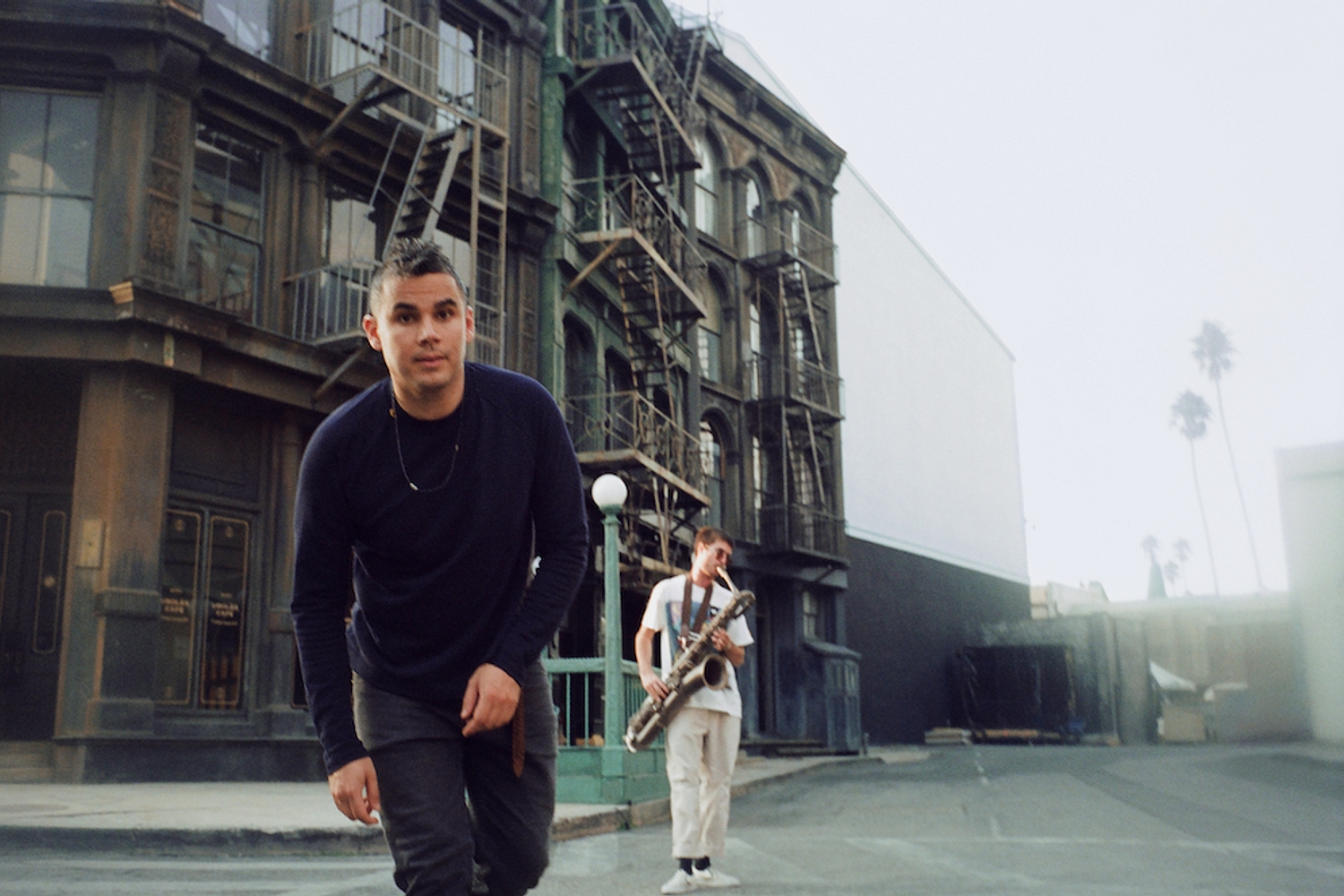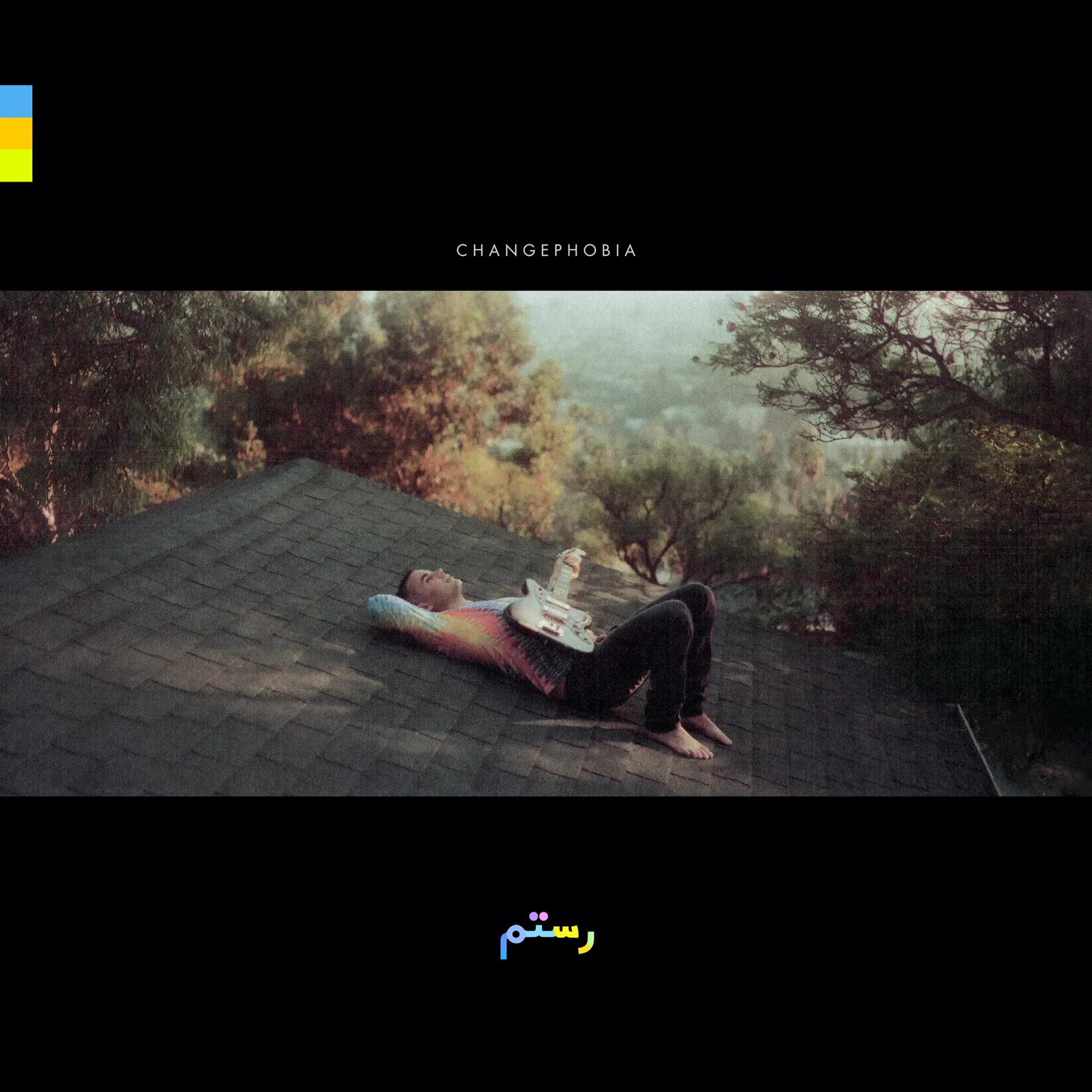
Interview Rostam: The Only Constant Is Change
Solo artist, super producer and chart-topping band alumni, Rostam Batmanglij isn’t short of accolades these days. ‘Changephobia’ is the latest notch on his musical bedpost.
‘Changephobia’, the title of Rostam’s new solo LP, refers to the fear of change - but the multi-faceted musician isn’t so convinced. “Changing doesn’t necessarily mean that things are going to get worse,” he ponders over a Zoom call, beaming in from California. “The change part is scary but the actual situation on the other side of it is a good thing.”
For someone who bowed out of Vampire Weekend after a hat-trick of successful records, two of which climbed to the top spot on the US Billboard Charts, it’s safe to say Rostam Batmanglij knows a few things about scary changes morphing into good things.
In the five years since his exit, he’s collaborated with a starry array of artists as a producer and creative force. He worked on Frank Ocean’s ‘Blonde’ - one of the defining records of the 2010s, produced and co-wrote Clairo’s debut LP ‘Immunity’, brought out an album with Hamilton Leithauser of The Walkmen and, most recently, celebrated success as a producer and co-writer on Haim’s ‘Women In Music Pt.III’ (which earned a Grammy nomination for Album of the Year) among many other things.
‘Changephobia’ marks the second LP in the expanding Rostam solo canon following 2017’s debut ‘Half-Light’. It’s a slicker and more focused release than its predecessor, but one that still retains the same intense appetite for experimentation: a metallic crunch mutates restlessly beneath ‘From The Back Of A Cab’, toots of baritone sax blend soothingly with a gentle pattering rhythm on ‘Bio18’ and frequencies shift throughout ‘These Kids We Knew’ like tectonic plates. It’s filled to the brim with inspired ideas that pay off, such as on ‘Next Time’, when the track drops tempo on immediate impact with the chorus, making for a fantastic, otherworldly effect; “Next thing I knew I was in California / It didn’t feel strange at all,” he sings.
“I moved out of New York where I had lived for 12 years,” Rostam reflects. “There were a lot of changes in my life and I was really ready for them. I think that’s what the thrust of the album is.” Slithers of the Californian sunshine definitely seep into the warm, sparse production, but it turns out the journey was a creative nudge in itself. “I’ve written some of my best lyrics on airplanes. I’ll write songs while driving in my car. There’s a song on the album called ‘Starlight’ which was originally called ‘Shinkansen’ because I made the beat for it when I was on the Shinkansen train in Japan,” he notes.
“I wanted to shed the skin of some of the [musical] hallmarks that I had come to be known for over the years.”
The musicality of the album itself also marks a distinct shift in Rostam’s sonic identity. Known for embellishments of baroque instruments and classical music, he went about setting strict rules: no harpsichord, no strings and no features. “I definitely wanted to shed the skin of some of those hallmarks that I had come to be known for over the years,” he explains. “I got to the point where I could no longer make any more music that relied on classical music as an inspiration. That may change in the future, but I got to a point where I just said, ‘The next thing has to come from a different place’.”
Instead, jazz steps into the frame. Most notable are the deep, soulful reeds of baritone sax which almost feel like a character of sorts across the record’s 11 tracks. It moulds a rich, woozy atmosphere on the blissful ‘Unfold You’, and powders closer ‘Starlight’ with a dusk-lit hue.
With a notable list of production credits and collaborations stacking up, Rostam appears to be a constant scholar of the art. “There’s always a back and forth between the work I’m doing as a producer and the work I’m doing for my own records,” he nods. “I can’t really describe what that is until five or 10 years later but I feel like I’m constantly learning, and that’s one of the reasons I love collaborating.”
It’s a job that only thrives with experience, too. If the producer’s seat often carries with it the weight of an oracle or a teacher, does he ever think of his younger self when he’s working with younger collaborators? Another long pause ensues. “When I was 22 making the first album that I would ever produce, I had a lot of strong opinions and I felt quite certain that my opinions were valid and they were a necessary rubric to follow. As I’ve gotten older, I’ve let go of those strong opinions. To a certain extent, I’ve let go of even the notion of strong opinions being necessary to make good music.
“I definitely feel like I’ve evolved, I definitely feel like I’ve grown in the past five years,” Rostam concludes. “I’d like to think the lyrics on this album reflect that growth and evolution, but I don’t know what I would tell my younger self because I don’t know how much he would listen.”
‘Changephobia’ is out now via Matsor Projects.
As featured in the June 2021 issue of DIY, out now.
Read More

Rostam announces ‘Changephobia Remixes: Part I & II’
Check out A.G. Cook's remix of 'Kinney' now.
2nd November 2021, 12:00am

Rostam - Changephobia
4 Stars
Beautifully constructed, surprising and brimming with invention.
3rd June 2021, 7:58am

Rostam teams up with famous pals for ‘From The Back Of A Cab’ video
Lifted from his upcoming record 'Changephobia'.
5th May 2021, 12:00am

Rostam unveils new track ‘Changephobia’
It's the title track of his brand new solo LP!
7th April 2021, 12:00am
With Bob Vylan, St Vincent, girl in red, Lizzy McAlpine and more.


